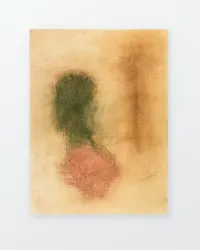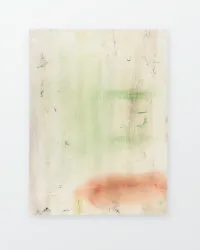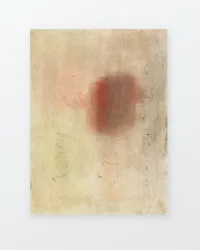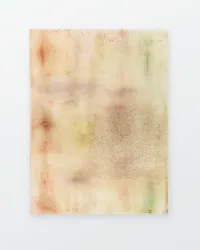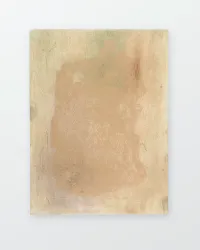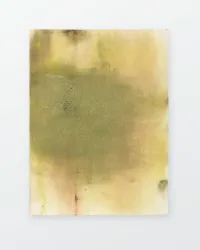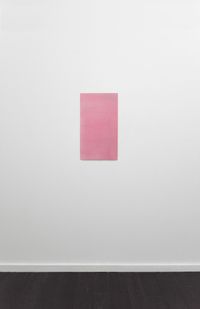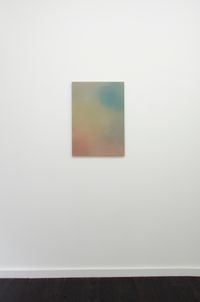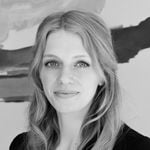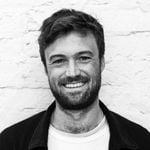German artist Stephan Baumkötter crafts abstracted colour fields that emphasise the nuances in human perception, depth, and tonality.
Read MoreBaumkötter was born in Münster, Germany. He completed his studies at the Academy of Fine Arts Münster in 1990. Baumkötter lives and works between Cologne and Bremen, and has worked as a professor at the University of the Arts Bremen since 2009.
Baumkötter's work is characterised by his exploration of colour in abstraction. His frequently untitled minimalist drawings and paintings play with human perception by weaving in complex colour fields that, while appearing monochromatic, contain a rich variety of colour and tones. He often works with earthy colour palettes such as greens, creams, and browns.
Baumkötter has previously worked with paper, canvas, and aluminium sheets for his paintings. His works modulate between uniformity and spontaneity, encouraging viewers to remain present with the work and the act of looking. His works can appear differently depending on the light source, a quality and process the artist accepts as an element of controlled chance. Baumkötter's process has often been described as being more closely related to drawing rather than painting, as the artist often works with hard surfaces as opposed to the soft surfaces of a canvas.
While his work is often distinguished by a solid rectangular space composed of a multitude of colours, Baumkötter has also experimented with printmaking, most notably with lithography and frottage, a rubbing technique he uses to etch marks into his work. In another series of drawings, he has also allowed for oil paint sticks to roll off his hand and onto the paper, creating subtle marks that attest to his process.
Baumkötter has been widely exhibited internationally. He has held solo exhibitions at the Josef Albers Museum Quadrat, Bottrop; the Goethe-Institut, New York and Brussels; and Taguchi Fine Art, Tokyo. His work has been collected by international institutions such as the Bush-Reisinger Museum, Harvard University Art Museums, Cambridge; Kolumba, Cologne; and Kunstmuseum Bonn.
Arianna Mercado | Ocula | 2022
